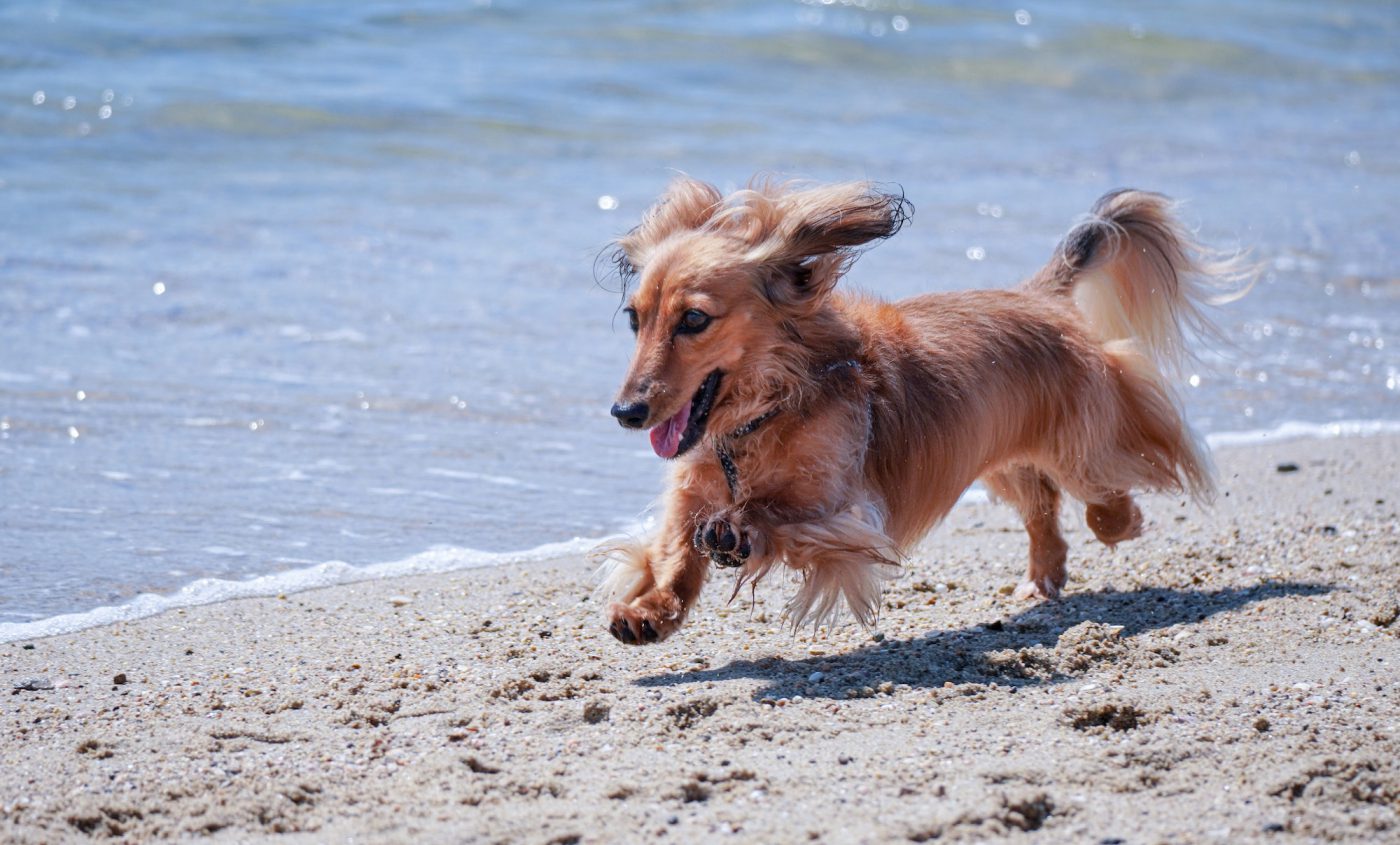The Miniature Dachshund, a breed with a long history as a badger hunter, is known for its lively and courageous character. Efficient training and consistent feeding are key to maintaining their well-being.
The Miniature Dachshund, a diminutive version of the standard Dachshund, boasts a storied past stretching back to 15th century Germany, where it excelled in hunting. Its temperament mixes spunk and affection, making the breed as much a companion as a tenacious pursuer.
This dog’s behavior typically reflects its hunting lineage, with a strong sense of determination and intelligence that can sometimes lead to stubbornness. Training a Miniature Dachshund requires a gentle yet firm hand to harness their energy and focus their sharp minds. Proper feeding, tailored to their size and metabolic needs, keeps these small canines healthy and lively. Balancing their diet and exercise regimen is crucial, as they are prone to obesity despite their active nature. Enthusiasts treasure Miniature Dachshunds for their unique shape, robust personality, and the joy they bring to families.

Credit: www.tatteredcover.com
The Legacy Of The Miniature Dachshund
The Miniature Dachshund boasts a rich heritage that traces back to Germany in the early 1600s. Originally bred for hunting, their diminutive size made them exceptional at navigating the tight burrows of their prey. These small hounds quickly grew in favor for their fearlessness and agility.
Over time, the Miniature Dachshund gained popularity beyond hunting circles. Their endearing nature and distinctive silhouette found a special place in the hearts of dog enthusiasts around the world, elevating their status as a favored companion.
While the breed’s fundamental characteristics have remained, the breed standard for Miniature Dachshunds has evolved. This standard ensures the breed’s health and temperament align with the rigorous expectations of modern-day breeders and kennel clubs.
Understanding The Miniature Dachshund Temperament And Behavior
The Miniature Dachshund is known for its bold and curious nature. Often described as spunky and alert, these small dogs project confidence and love to engage in play. Despite their size, they display a surprisingly deep bark and can be quite vocal when expressing themselves. Their hunting heritage gives them a strong prey drive, making them tenacious in pursuit of their objectives.
Mini Dachshunds develop strong bonds with their family members and can be quite affectionate. They may, however, be cautious or standoffish around strangers. This breed is known for its intelligence, which can sometimes translate into stubbornness, requiring a touch of patience and consistency in training.
For households with other pets or children, early socialization is key to fostering harmonious relationships. Dachshunds can be good companions for older children who understand how to interact with small dogs. However, due to their small stature and brave demeanor, they must be protected from rough play. Introducing them to a variety of environments, animals, and people early on can help to ensure they develop into well-rounded, socially confident dogs.
Training Your Miniature Dachshund
Training your Miniature Dachshund demands patience and consistency. Effective training techniques often involve short, engaging sessions that capitalize on the breed’s inherent curiosity and intelligence. Reward-based methods, such as treats or praise, can greatly enhance motivation and facilitate learning. Early socialization and obedience training are crucial to prevent the development of stubborn behaviors.
It’s essential to acknowledge their independent nature but also to gently reinforce commands to foster cooperation. Training must be firm but kind, ensuring you do not break their spirit. Encouraging desired behavior rather than harshly correcting the undesired is key. Establishing yourself as the pack leader will help in addressing the stubbornness typical of this breed, yet it remains crucial to respect their individual personality traits.

Credit: www.thefarmersdog.com
Feeding Your Miniature Dachshund
Proper nutrition is pivotal for the health of your Miniature Dachshund. A balanced diet, tailored to their unique dietary needs, contributes significantly to their wellbeing. Small breed dogs, such as Miniature Dachshunds, often require dog food that is high in protein to support muscle maintenance, and fats that provide energy and maintain a healthy coat. The key is to ensure that the food offers a comprehensive blend of vitamins and minerals.
Selecting the highest quality food for your Miniature Dachshund means looking for options that list real meat or meat meals as the first ingredient. Foods specifically formulated for small breeds are recommended, as they are designed to support a smaller dog’s metabolic rate. Grain-free diets or formulas with wholesome grains like brown rice or oatmeal can be beneficial, provided your pet is not allergic to these ingredients.
Be mindful of portion control to prevent obesity, a common issue in Miniature Dachshunds due to their predisposition for weight gain. Feeding your pet two measured meals per day rather than leaving food out constantly can help manage weight effectively. Consulting with a veterinarian can help you determine the ideal portion size for your dog’s age, size, and activity level.

Credit: www.walmart.com
Frequently Asked Questions Of Miniature Dachshund History, Temperament And Behavior, Training, Feeding
Where Do Miniature Dachshunds Originate From?
Miniature Dachshunds hail from Germany, originally bred in the 15th century. They were used for hunting burrow-dwelling animals due to their slender build.
What Is The Temperament Of Miniature Dachshunds?
Miniature Dachshunds are known to be playful, curious, and brave. Despite their size, they often exhibit a bold and confident nature, making them great companions.
How Do You Train A Miniature Dachshund?
Training these dogs requires patience, as they can be stubborn. Positive reinforcement and consistency are key. Short, engaging sessions work best for their active minds.
What Are The Best Feeding Practices For Miniature Dachshunds?
Feed them high-quality, breed-specific food twice a day. Always control portions to prevent obesity, a common issue in the breed due to their small legs and long spine.
Conclusion
The miniature dachshund’s rich history and spirited temperament make it a beloved pet. Training them requires patience while proper feeding ensures their vitality. Embrace their playful behavior for a rewarding companionship. Their small size belies a heart full of courage, making every moment with a mini doxie memorable.
